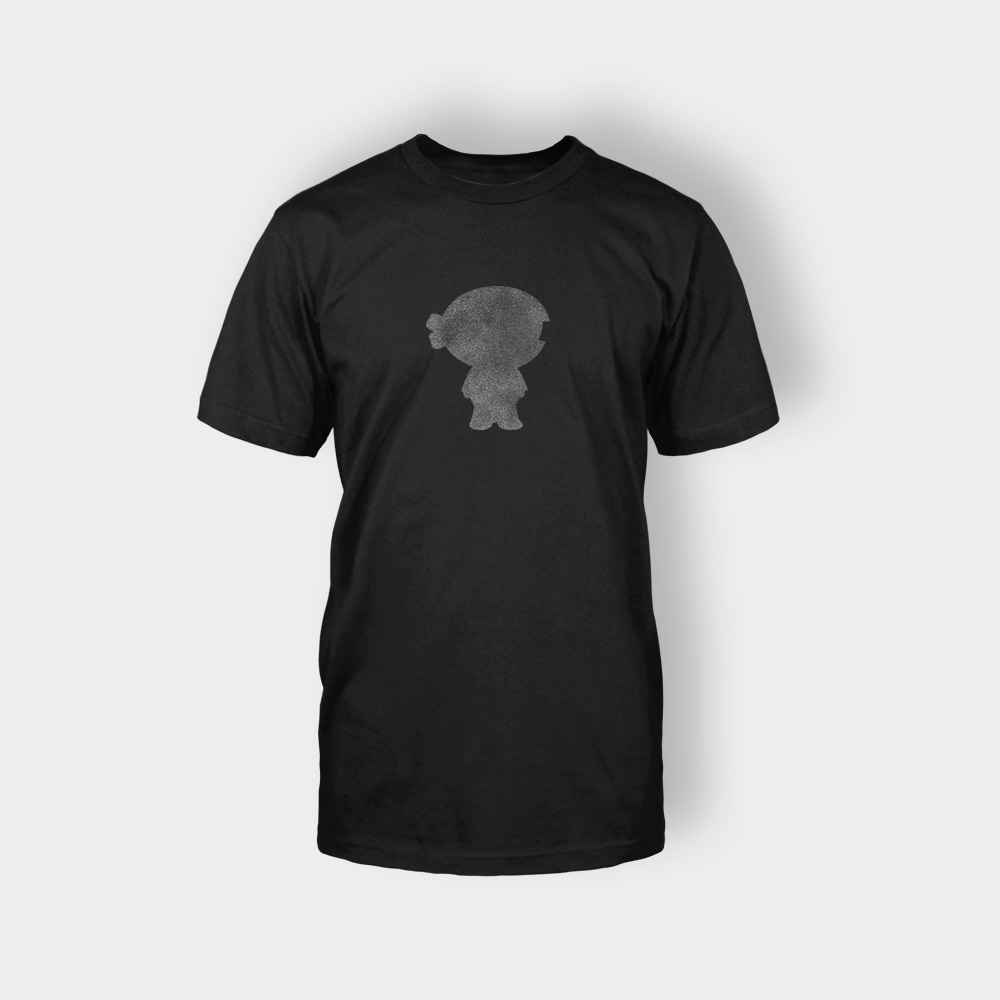By Chido Nwakanma.
“Activism journalism is about changing the environment. It does not matter what area you cover”, so declares Ms Toyosi Ogunseye, the young and vibrant investigative journalist that has had one of the fastest career leaps in the history of The Punch and journalism generally. “If nobody is complaining about your story, then you have not done anything”.
Winner of the MSD Health & Medical category of the CNN African Journalist Awards 2011, Toyosi Ogunseye also packs 12 other awards all garnered in a career that started in 2004 even before finishing school at the University of Lagos. She read Microbiology, explored her passion for journalism by seeking to write with The Sun and convincing a News Editor so well he paid her secretly until his bosses approved of her engagement. She then took a Diploma in Journalism at the Nigerian Institute of Journalism and a Master of Science in Media & Communication.
We are gathered at the School of Media & Communication, Pan African University, this evening of March 21, 2013. Toyosi is speaking on Activism Journalism at the Alumni Forum and we the colleagues of the Msc Part Time 1 Class form a significant proportion of the audience.
Even as she speaks on “Activism Journalism” as assigned, Ms Ogunseye repeatedly asserts that the term is an oxymoron. Good journalism must be activist in her books because good journalism causes change, positive change in the environment.
Activism journalism is also very easy, listening to her.
You can deduce how easy this practice of journalism is from her account of her award-winning stories or those that changed the environment in some ways. The most famous story is the CNN award-winning entry, “LUTH’s Ransome-Kuti Children’s Centre: Cauldron where two babies die weekly”. An employee at The Punch had a bad experience at the centre and discussed it in the office, triggering concern in the newsroom for the experiences of others. Toyosi got the brief.
She spent three days and nights in the ward, posing and serving as sister to one of the nursing mothers. That way she observed first hand all the happenings at the centre, notably the nonchalance of personnel and the squalid conditions. She recalled a poignant incident when a young consultant glibly informed a woman that her child was dead and there was nothing he could do about it. Her groans and shouts attracted the attention of an older doctor who stepped in, paid closer attention and was able to revive the child.
The story in the Sunday Punch caused a storm. Officialdom tried to muscle the management of The Punch against her while weaving conspiracy theories about the motivation for the story. She had the support of the management which refused to buckle. As success has many fathers, the minister who sought her head was one of those to congratulate her on the CNN award based on the same story.
Ms Ogunseye asserts: “Activism journalism comes with antagonism, hatred and every negative thing you can think about. But as journalists we are not going to allow the victimisation stop us from doing the story we ought to do”.
Change happened at the Ransome-Kuti Children’s Centre because of the story as LUTH built a better ward and improved practices.
For the story on the dangers a plant posed to inhabitants of an estate in the Ikeja Industrial Area, Toyosi and her management at The Punch relied on the support of her former lecturers and the collaboration of the residents. The plant would normally send out fumes that killed plants whenever released. As middle class denizens in this age of mind-your-business, the residents did not know that they were dying in instalments and suffering the same ailments until someone took his wife abroad to check for cancer. The UK centre diagnosed the strain of cancer as fitting into one caused by industrial effluents.
The investigation by The Punch including full laboratory tests of 20 volunteer residents at the University of Lagos showed a high level of mineral deposits in the blood of the residents, more cancer cases and a recurrent sickness among the young. Residents had stayed 10 to 19 years. They would write Lagos State Government to complain about the discharges without realising the more insidious damage they were suffering. Bureaucrats simply filed their complaints without conducting any tests or checks until the Sunday Punch story. The factory remains shut while the Government has compelled the firm to provide medical care to the affected residents.
Toyosi threads a difficult path. She does so though with clear sighted focus on best practices. She recalls for instance that Nigeria’s Freedom of Information Act is not working yet because even the Ministry of Justice has declined or simply ignored queries thus making it impossible to write exposes based on the law.
It was a great experience-sharing session with a young editor focused on leaving a mark. She took on questions boldly and with candour, admitting weaknesses here and there but remaining positive and upbeat. Ogunseye is one of those who scrupulously refuses gifts from all comers. Her Sunday Punch is worth monitoring in the days ahead. She asserts that given social media and competing platforms Sunday papers have to be creative and offer more.
School of Media & Communication Dean Prof Emevwo Biakolo and his faculty members – Dr. Isah Momoh and Dr. James Tsaior – preened as proud wards of a successful offspring. So did class mates present: Ephraim Mbanaso, Orah Egwu, Joke Adu, Temitope Akande, Tope Oluwadipe, Biodun Adeyanju, Maijjida Moddibo, Chima Dim, Damilola Essien, Abimbola Awobokun and Nkem Jacobs.
Success is indeed easy after the fact.


